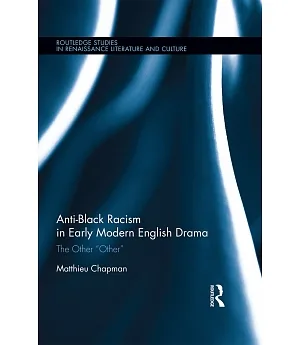This is the first book to deploy the methods and ensemble of questions from Afro-pessimism to engage and interrogate the methods of Early Modern English studies. Using contemporary Afro-pessimist theories to provide a foundation for structural analyses of race in the Early Modern Period, it engages the arguments for race as a fluid construction of human identity by addressing how race in Early Modern England functioned not only as a marker of human identity, but also as ana priori constituent of human subjectivity. Chapman argues that Blackness is the marker of social death that allows for constructions of human identity to become transmutable based on the impossibility of recognition and incorporation for Blackness into humanity. Using dramatic texts such as Othello, Titus Andronicus, and other Early Modern English plays both popular and lesser known, the book shifts the binary away from the currently accepted standard of white/non-white that defines "otherness" in the period and examines race in Early Modern England from the prospective of a non-black/black antagonism. The volume corrects the Afro-pessimist assumption that the Triangle Slave Trade caused a rupture between Blackness and humanity. By locating notions of Black inhumanity in England prior to chattel slavery, the book positions the Triangle Trade as a result of, rather than the cause of, Black inhumanity. It also challenges the common scholarly assumption that all varying types of human identity in Early Modern England were equally fluid by arguing that Blackness functioned as an immutable constant. Through the use of structural analysis, this volume works to simplify and demystify notions of race in Renaissance England by arguing that race is not only a marker of human identity, but a structural antagonism between those engaged in human civil society opposed to those who are socially dead. It will be an essential volume for those with interest in Renaissance Literature and Culture, Shakespeare, Contemporary Performance Theory, Black Studies, and Ethnic Studies.
-
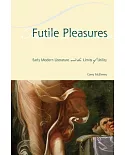
Futile Pleasures: Early Modern Literature and the Limits of Utility
$1,260 -
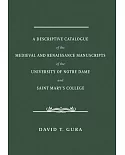
A Descriptive Catalogue of the Medieval and Renaissance Manuscripts of the University of Notre Dame and Saint Mary’s College
$6,750 -
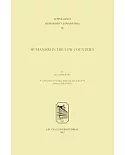
Humanism in the Low Countries: A Collection of Studies Selected and Edited
$4,028 -
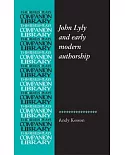
John Lyly and Early Modern Authorship
$1,123 -
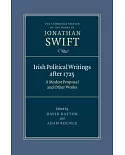
Irish Political Writings after 1725, A Modest Proposal and Other Works
$4,050 -
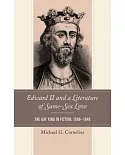
Edward II and a Literature of Same-Sex Love: The Gay King in Fiction, 1590-1640
$4,500 -
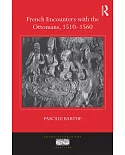
French Encounters With the Ottomans 1510-1560
$6,748 -
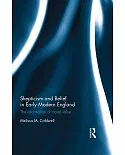
Skepticism and Belief in Early Modern England: The Reformation of Moral Value
$6,300 -
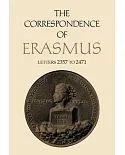
The Correspondence of Erasmus: Letters 2357 to 2471, August 1530-March 1531
$8,100 -
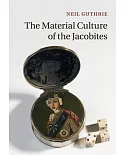
The Material Culture of the Jacobites
$1,350 -
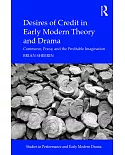
Desires of Credit in Early Modern Theory and Drama: Commerce, Poesy, and the Profitable Imagination
$6,748 -
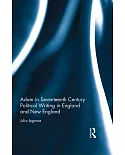
Adam in Seventeenth Century Political Writing in England and New England
$6,300 -
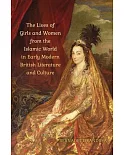
The Lives of Girls and Women from the Islamic World in Early Modern British Literature and Culture
$2,925 -
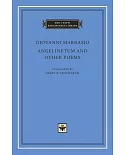
Angelinetum and Other Poems
$1,348 -
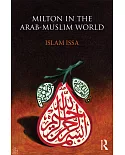
Milton in the Arab-Muslim World
$6,300 -
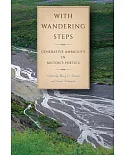
With Wandering Steps: Generative Ambiguity in Milton’s Poetics
$3,150 -
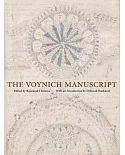
The Voynich Manuscript
$1,488 -
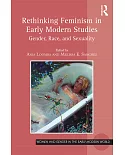
Rethinking Feminism in Early Modern Studies: Gender, Race, and Sexuality
$6,748 -
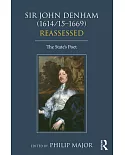
Sir John Denham (1614/15–1669) Reassessed: The State’s Poet
$6,748 -
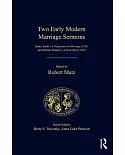
Two Early Modern Marriage Sermons: Henry Smith’s a Preparative to Marriage 1591 and William Whately’s a Bride-bush 1623
$6,748

